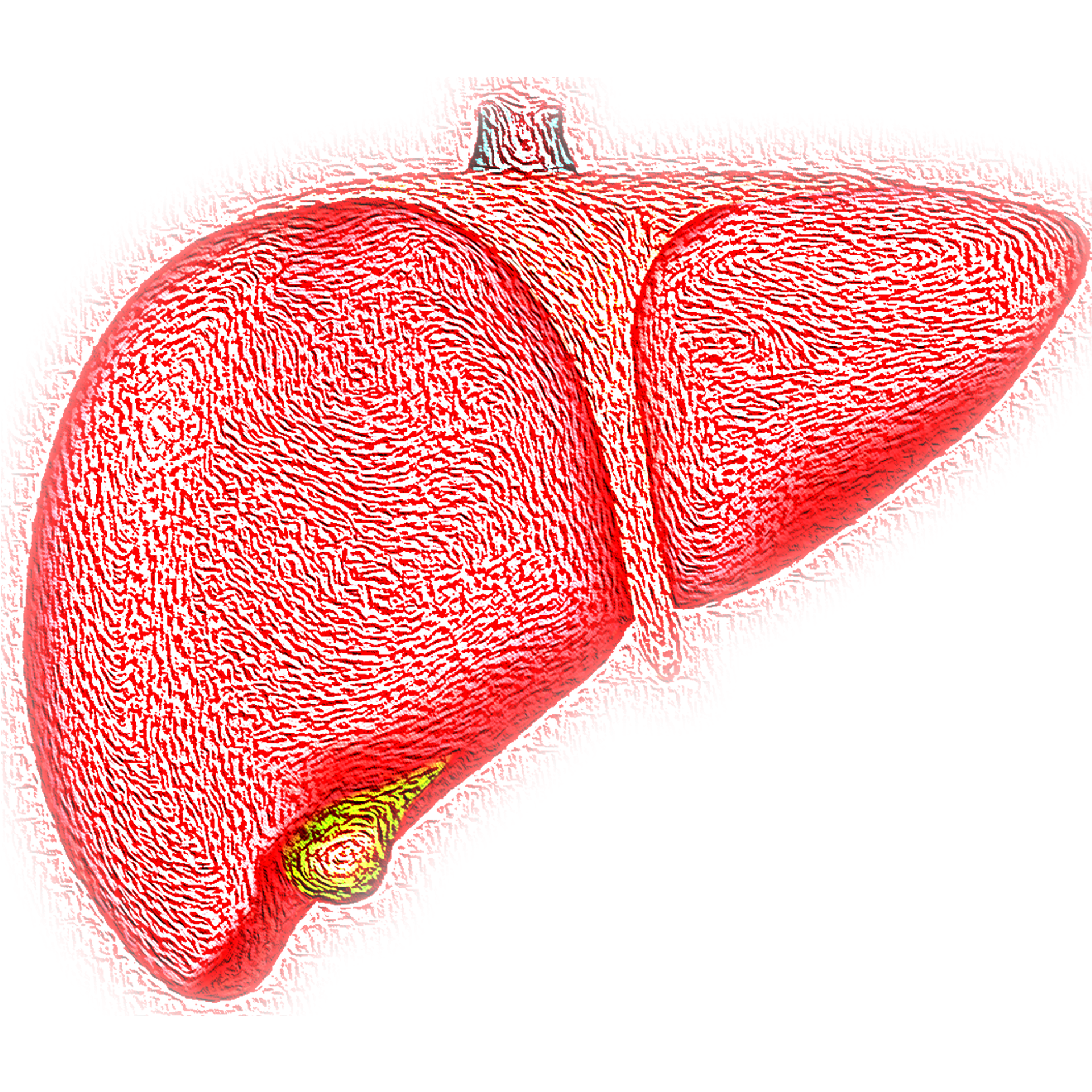Food Sensitivities Vs FODMAPs: Mining Your Diet For Gems
Food is information. The question we want to explore is what information are you giving to the cells of your body. How do you know what is good for your body or not. For instance, do you think food is contributing to your digestive, skin, immune, hormone, or energy problems? Have you tried following various diets, cleanses, and programs (whole thirty, elimination diet, autoimmune protocol), looked at FODMAP's vs food sensitivities and gotten relief for different ailments? If so great but understanding the specific food(s) that are causing the problem is what will be most helpful in the long run. This isn't always easy to do however.
The reason I made this post is because most people don't want to or can't follow a restrictive diet long term. Even if you could, you have to ask yourself; if you need to follow such a restricted diet or program all the time, is it really solving the problem?
Is the restrictive diet really a "fix" or temporary diet bandaids that you will have to return to again and again? How do you know?
If you found a diet that works for you great but it is worth while figuring out why it worked. Is there an underlying pattern to the diet, cleanse, or program ? Can you look at that pattern to more easily incorporate the essence of it into your daily life?
In this post we want to look at the role of FODMAPs vs food sensitivities in digestive system and other health problems. Many times the programs and cleanses that make people feel better do so through limiting one or both of these food categories (FODMAPs or food sensitives). We will also look at the underlying information that is being transmitted by these foods and influencing your health. Additionally we will discuss how to determine where to focus your diet efforts for the most improvement of your health.
FODMAP's Verses Food Sensitives: A Little Background.
To help you figure out if there is an underlying pattern in the food you are consuming, I would propose creating three main categories or ways that foods interact with your digestion to cause problems.

The three categories are:
1. Your foods interaction with your immune system.- food sensitivities, allergies and autoimmune
2. Your foods interaction with your microbiome interaction. - SIBO, dysbiois, SIFO, parasites
3. Your foods interaction with microbiome and immune system.
In the first category the digestive tract is disturbed as a result of the immune system reactions to the food. With food sensitives, food allergies, and autoimmune food triggers like gluten in the case celiac’s, the immune system is attacking certain foods and the digestive tract tissue is collateral damage. When you consume foods that the immune system see’s as a threat over and over again there is an insidious insult to the digestive tract lining leading to other digestive issues.
The same type of collateral damage occurs with microbial imbalance but in this case the collateral damage is occurring from the immune system trying to kill off the excess, aberrant, or imbalance microbes. In the case the foods you eat are not the cause of the problem but what the microbes do with the food. Certain foods will allow the microbes to grow easier leading toxin release and even more immune activity.
For instance, with SIBO the microbes are fed by fermented foods (specifically high FODMAP foods) . It is worth mentioning that the immune system being triggered is a mainly focused on the local area of the digestive tract but the immune system spans over our entire body. As a result symptoms from this local immune response can manifest anywhere in the body as joint or body aches because of the immune cytokines being released.
Food Testing: FODMAPs verses Food Sensitives
So a couple tips for you to figure out what foods are really the culprit of your health issues.
I tend to do a lot of testing to figure out which of these three categories are most to blame. Now this does not always mean blood testing, stool tests, or breath tests are always needed (I do use these when we need a little more clarity). But also use food experiments.
What’s a food experiment?
Well some people will notice an obvious and lasting resolution of their symptoms when they remove food sensitives or allergies like gluten or dairy. This is an example of a food experiment.
However others may have persisting symptoms or seemingly increasing sensitivity to more and more foods as time goes on. This then leads to more and more food restrictions. For instance, you remove the gluten and then weeks or months later the symptoms are back even though you still are not eating gluten.
If you are finding that your list of food restrictions are getting larger and larger, your digestive problems may have more to do with your microbiome than your diet. Like you might have SIBO, SIFO, or some other microbial issue.
Along these lines I usually do experiments with FODMAP foods (as this informs about SIBO) first before going to food sensitivities. The reason being, the increase immune activity from SIBO or other microbes may lead to false positives.
So I first try to identify microbial imbalance, then test for food sensitivities. You can do a simple test at home by going on a low FODMAP diet and seeing how your symptoms are with this diet. If you feel better you may have SIBO.
One word of caution with this approach, you should not follow this diet long term as a solution. You should instead see a doctor that treats SIBO and can give you a more comprehensive approach to improve digestion and your health. With this approach you won’t have to be no this diet long term.
I hope this information was useful in helping you better understand FODMAPS vs Food sensitivities and ways to improve your digestion and health. If you have any follow up, questions please post in comment section below.
If you want help testing and figuring out which foods are best for you, click on the link below for a free consultation.




















